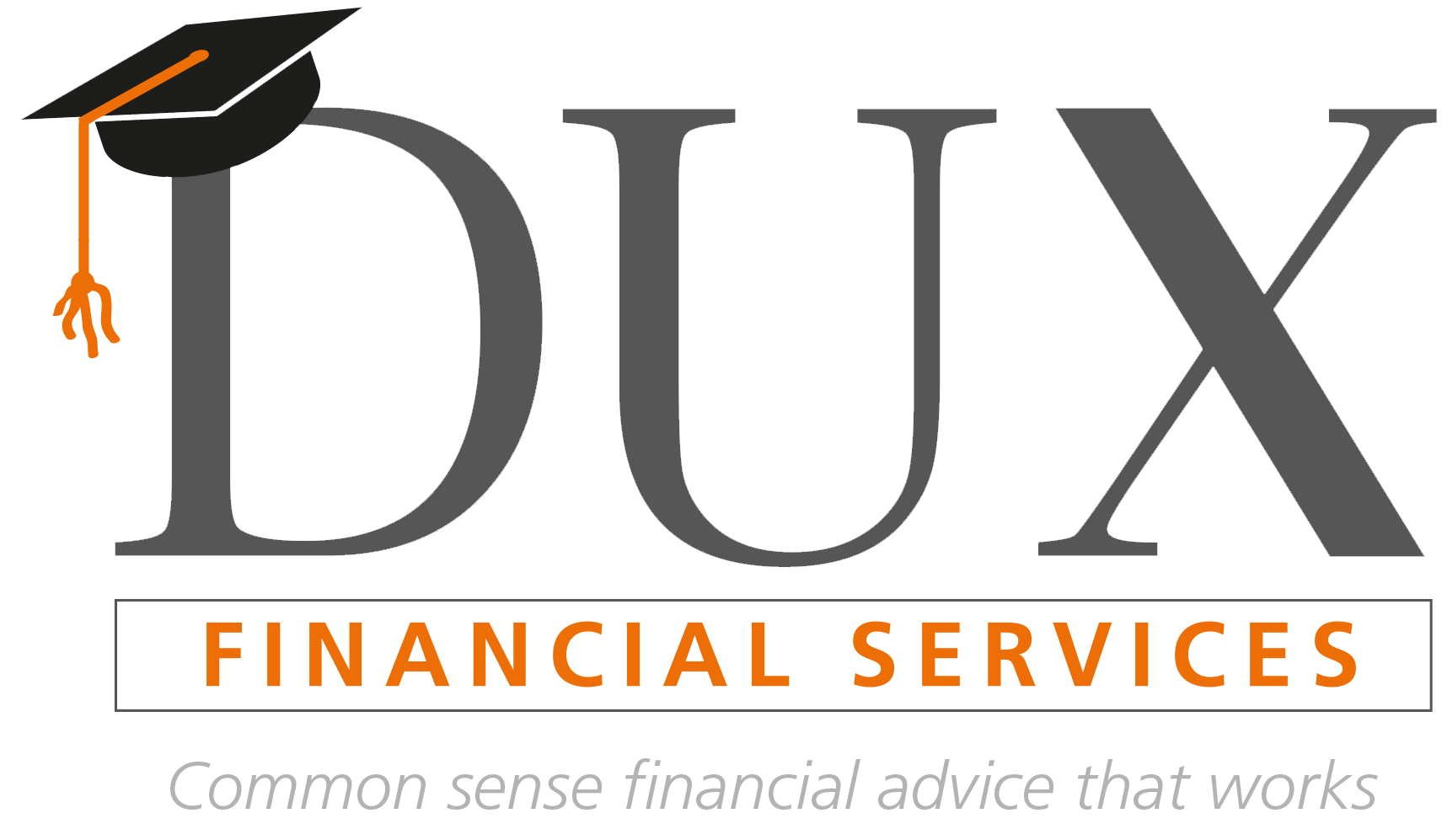Quality Financial Advice Is Important Not KiwiSaver Provider Choice
It’s adviser bashing time at the New Zealand Herald again as they breathlessly announce that some Financial Advisers only deal with a few KiwiSaver companies. They never say outright it’s bad, but it’s the impression they are trying to give.
Even the Financial Markets Authority (FMA) says that getting advice is their main concern, not the choice of funds.
Leaving aside the fact that 85% of KiwiSaver funds are sold through banks, and they, funnily enough never mention anyone else’s fund, why is it an issue if an adviser only sells one product? While there are 600 bank Authorised Financial Advisers (AFA)s, I have never heard of one who sold KiwiSaver. Most of the KiwiSaver funds are sold through the branch tellers, who can sell it to you but not give you personalised advice on it, or offer any advice on your existing funds.
Advisers have to disclose how many products they sell from each category to their clients. If an adviser says they only deal with company X, then you have the choice of sticking with them or going to an adviser who deals with more companies (even if they end up recommending company X).
An adviser has to tell you the pros and cons of moving to, or away, from a particular company.
I can tell you that no bank staff member has told my clients when they try to move their KiwiSaver that they are going to lose personal access to an AFA, and that they will be signing up for a scheme that is not even the bank itself but one with their label over it, run by someone else.
I have to disclose, but the bank staff don’t. That’s left out of the article.
The IFA president is correct that there is not much money in KiwiSaver for advisers. It’s viable for me, because I have taken a loss on so many clients that now I have enough to cover the costs of advising everyone. But its hard work.
But let’s look closely at why we don’t deal with all 28 plus companies.
- Only 10 deal with advisers – even if I could deal with all 28, 18 of them won’t talk to me anyway, and won’t pay me. And as the consumer won’t pay for KiwiSaver advice, that’s the end of that.
- They are mostly interchangeable. There is not a lot of difference between providers. They all offer similar funds, have similar fees, have similar returns over time etc. the differences are between specialist funds such, as the ethical funds that only three providers have, and the vast differences between the quality of the online information offerings are about as good as it gets. The providers don’t give advice directly anyway, so unless you go to their sales team, you need to talk to an adviser to find out the differences anyway.
- Some of them are tiny. Some of the funds out there are very small. So even if I could deal with them, I might want some bigger options.
- Some of them are hostile to advisers. One fund that specialises in a particular industry spends a good portion of their value proposition slagging off advisers and the need to get advice. They spend a bunch of time on the fact that we can get commission, but leave out the fact that their sales people are clearly paid for their work and probably get bonuses. Why would I recommend a fund that does not even think we have a place in the industry?
- There is no reason to. If I have a value offering to you that gives you the advice you need, the service, communication etc., does not leave you with any risks from leaving your current fund and you are happy with it, but it’s only with one provider, what’s the problem? The key is disclosure and advice, not the number of choices.
The New Zealand Herald is trying to claim that choice of funds is most important, not advice. Well, I disagree.
There are 28 plus providers out there, I doubt anyone could name over half of them easily and most are much the same. They don’t advise, they sign you up and hope you forget to leave.
For me, the key thing is advice. At DUX Financial Services we work with five KiwiSaver providers, though we don’t use them evenly. We focus on the initial advice, and ongoing advice, which is the most important focus.
The choice of provider is not as relevant as the quality of the advice.
